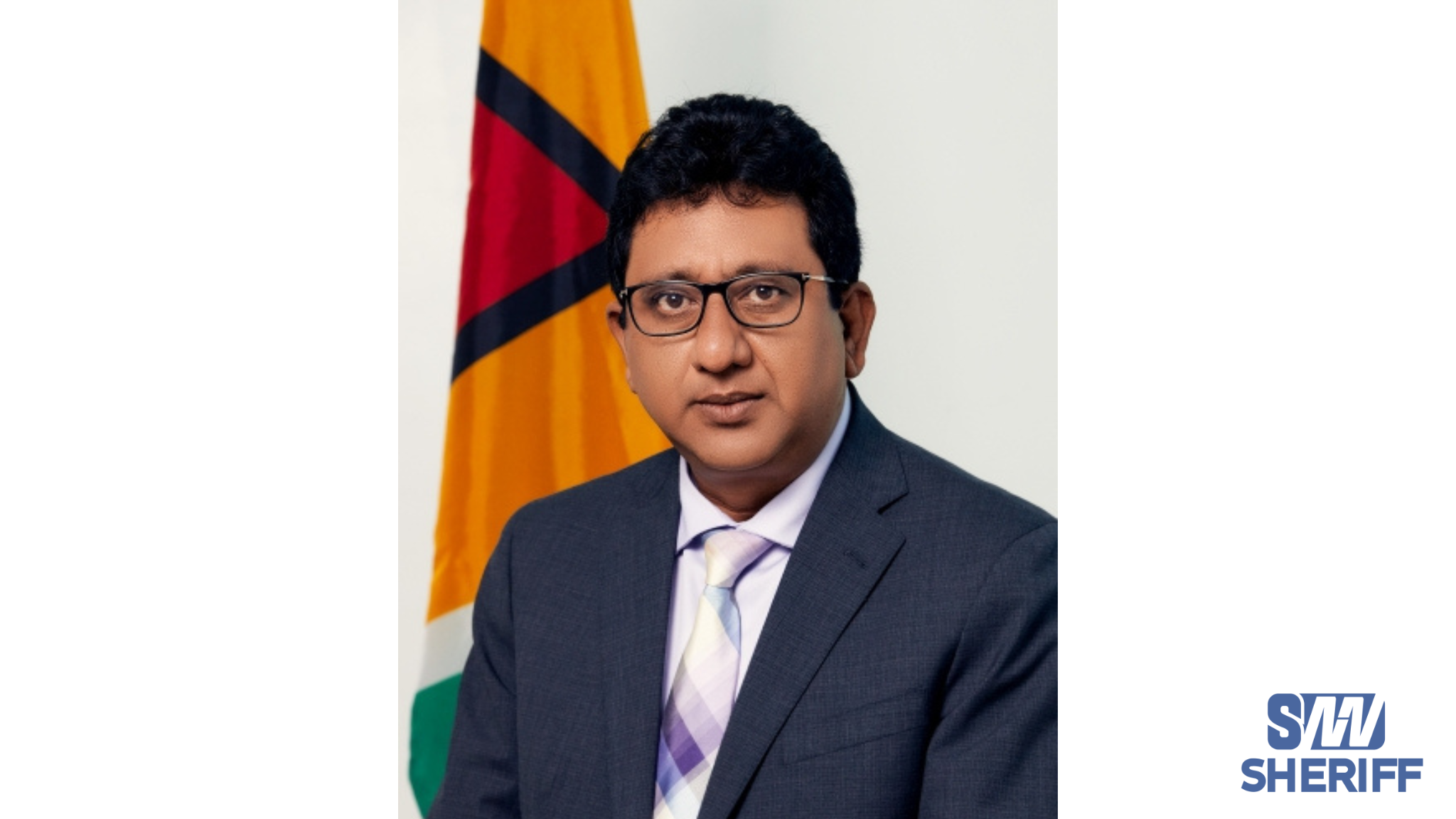
With Guyanese voters heading to the polls on September 1, the National Assembly passed the Representation of the People (Amendment) Bill 2025 on Monday, which introduces Deputy Supernumerary Returning Officers to support electoral processes in key sub-districts across Regions Three, Four, and Six.
Attorney General and Minister of Legal Affairs Anil Nandlall, S.C., who led the charge in presenting the Bill, described the amendment as a necessary fix to a critical oversight in the 2022 reform package.
The previous amendment laid the groundwork for the decentralised tabulation of Statements of Poll (SOPs) but failed to define the role of a deputy to the newly created Supernumerary Returning Officer.
“In the amendments we passed in 2022, we didn’t include a deputy for the supernumerary officer. When I realised the omission, I believed logic and common sense would allow for a flexible interpretation. But this is too important to leave to chance,” Nandlall told the Assembly.
He explained that the new deputies will help manage the SOP tabulation process in sub-districts, especially in Region Four, where the process will now take place in four separate areas: East Bank Demerara, East Coast Demerara, North Georgetown, and South Georgetown.
“It simply means that the infamous Ashmin’s Building scenario we witnessed on March 3, 2020, won’t happen again in one centralised location. Tabulation will now take place in different centres to help prevent electoral mischief,” Nandlall said, referring to the chaos and allegations of fraud that marred the last general elections.
The AG also informed the House that Clause 3, which had sought to amend Section 33(C)(1) of the Principal Act, was withdrawn from the Bill.
Minister of Local Government Sonia Parag defended the amendment as a practical and overdue move.
“What we’ve now inserted reflects the structure we’ve already been using. It allows for faster tabulation, better oversight, and quicker response times after polls close. We can’t go back to waiting five months for election results,” she said.
Meanwhile, Opposition Member of Parliament Roysdale Forde welcomed the removal of Clause 3 but stated that the Government had failed to introduce meaningful reforms to ensure free and fair elections.
“For the past five years, this Government has claimed commitment to electoral fairness. But where is the legislation that truly ensures a credible and impartial system?” he asked.
He warned that if Clause 3 had remained, it would have given undue power to the Chief Election Officer and Commissioner of Registration, potentially affecting who could register and who might be left off the list.
Forde further criticised the Government for ignoring key recommendations made by regional and international observers, including CARICOM and the OAS, especially calls to address the bloated voters’ list.
Sherod Duncan, who also sits on the Opposition benches, also condemned what he called a “haphazard” approach to electoral reform, arguing that many changes benefit the ruling party.
After hours of debate, the Bill was passed with the revised amendment. Contributions were also made by Amanza Walton-Desir, Ganesh Mahipaul, Tabitha Sarabo-Halley, and Minister of Agriculture Zulfikar Mustapha.










